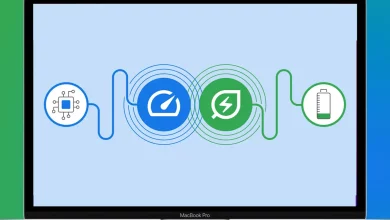Why IT Operations Management is Critical- and Where to Start

IT operations management is the process of overseeing the day-to-day tasks involved in running a successful information technology (IT) department. This includes everything from managing IT staff and resources to maintaining and improving system performance. It is a critical function for any organization that relies on technology to support its operations and deliver its products or services.
There are several reasons why IT operations management is so important. First and foremost, it helps to ensure the stability and reliability of an organization’s IT systems. When IT operations are managed effectively, employees can rely on their systems to work as expected and can be more productive as a result. Additionally, effective IT operations management can help to reduce the risk of system failures, which can cause significant disruptions and result in lost revenue for the organization.
Another reason why IT operations management is critical is that it can help to improve efficiency and reduce costs. By carefully monitoring and managing IT resources, organizations can identify areas where they can streamline processes or make more efficient use of their resources. This can help to lower costs and improve the bottom line.
In addition to the operational benefits of IT operations management, it can also help organizations to better understand and serve their customers. By tracking and analyzing data on system performance and usage, organizations can identify opportunities to improve their products or services and better meet the needs of their customers.
So, where should organizations start when it comes to IT operations management? One of the first steps is to define clear goals and objectives. This should involve input from stakeholders across the organization, including IT staff, business leaders, and end users. Once these goals and objectives have been established, organizations can develop a plan for how to achieve them, including identifying the resources and processes that will be needed.
Another important aspect of IT operations management is effective communication and collaboration. This involves ensuring that all stakeholders are kept informed about IT developments and issues, and that there is open communication between IT staff and other departments.
Effective IT operations management also requires the implementation of robust processes and procedures. This includes developing policies and procedures for things like system maintenance, incident management, and change management. It also involves implementing tools and technologies to support these processes, such as IT service management software.
Training and development is another key aspect of IT operations management. It is important to ensure that IT staff have the skills and knowledge they need to effectively manage and maintain systems. This can involve providing training on new technologies, as well as ongoing professional development opportunities.
Finally, effective IT operations management requires ongoing monitoring and evaluation. This involves regularly reviewing and analyzing data on system performance and usage, and making any necessary adjustments to ensure that systems are meeting the needs of the organization.
In summary, IT operations management is a critical function for any organization that relies on technology to support its operations. It helps to ensure the stability and reliability of systems, improve efficiency and reduce costs, and better understand and serve customers. To get started with IT operations management, organizations should define clear goals and objectives, establish effective communication and collaboration, implement robust processes and procedures, provide training and development opportunities, and monitor and evaluate systems on an ongoing basis.



